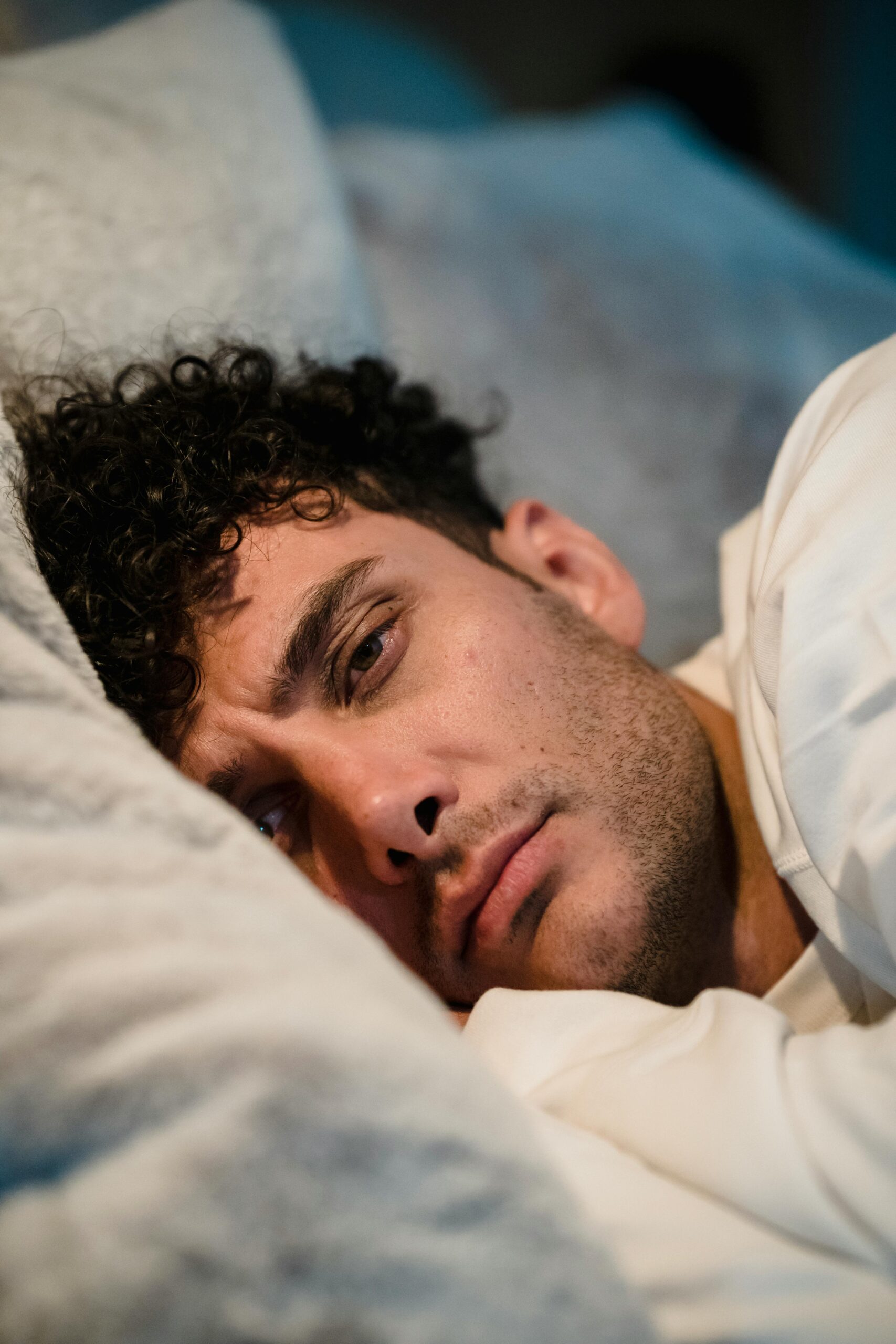A cancer diagnosis and its treatment can take a heavy emotional toll, often leading to anxiety, stress, and sleep disturbances. The constant worry, physical discomfort, and side effects of therapy can disrupt restful sleep, creating a vicious cycle of fatigue and heightened stress. Fortunately, there are natural, non-medical strategies that can help restore balance and improve well-being.
The Emotional Toll of a Cancer Diagnosis
The uncertainty of a cancer diagnosis and the following treatment can trigger anxiety, making it difficult to relax and fall asleep. Stress hormones like cortisol may remain elevated, further disrupting sleep patterns. Poor sleep, in turn, exacerbates anxiety, taking a toll on physical health, impeding recovery, thus creating a challenging loop. Addressing both emotional and physical factors is key to breaking this cycle.
Non-Medical Tools for Anxiety
Guided imagery is a powerful relaxation technique that uses visualization of calming scenes to ease stress, apps or audio recordings can help guide the process. Herbal teas like chamomile, lavender, or valerian root promote relaxation before bed, though it’s important to consult your doctor to avoid interactions with treatment. Journaling provides emotional relief by allowing you to express fears, thoughts, or gratitude, helping to process anxiety in a healthy way. These natural, drug-free approaches can effectively reduce anxiety while complementing medical treatments, offering a sense of control and calm during a challenging time.
Establishing a Calming Evening Routine
A consistent nighttime routine signals the body that it’s time to wind down. Consider:
- Dimming lights an hour before bed
- Gentle stretching or meditation
- Avoiding screens and stressful conversations
Safe Supplements for Sleep
Melatonin, a natural sleep hormone, helps regulate sleep cycles and may ease insomnia. As always, check with your oncologist for proper dosing. Magnesium promotes muscle relaxation and deeper sleep, making it a beneficial supplement for those struggling with restlessness. Both are generally safe but should be used under medical supervision to ensure they don’t interfere with treatment. These supplements offer a gentle, non-habit-forming way to improve sleep quality during cancer therapy.
The Role of Counseling and Support
Therapy, whether individual counseling or support groups, provides a safe space to express fears and learn coping strategies. Expressive therapies like art or music can also help release emotions that may be contributing to anxiety.
Creating a Peaceful Sleep Environment
Optimize your bedroom for rest:
- Keep the room cool, dark, and quiet
- Use comfortable and breathable bedding
- Try white noise or calming music if needed
Some of these solutions may sound simple, but it is the small things that can help to manage anxiety and sleep disturbances. This in turn can improve overall quality of life and help recovery during treatment. Always discuss new strategies with your healthcare team to ensure they align with your care plan.
